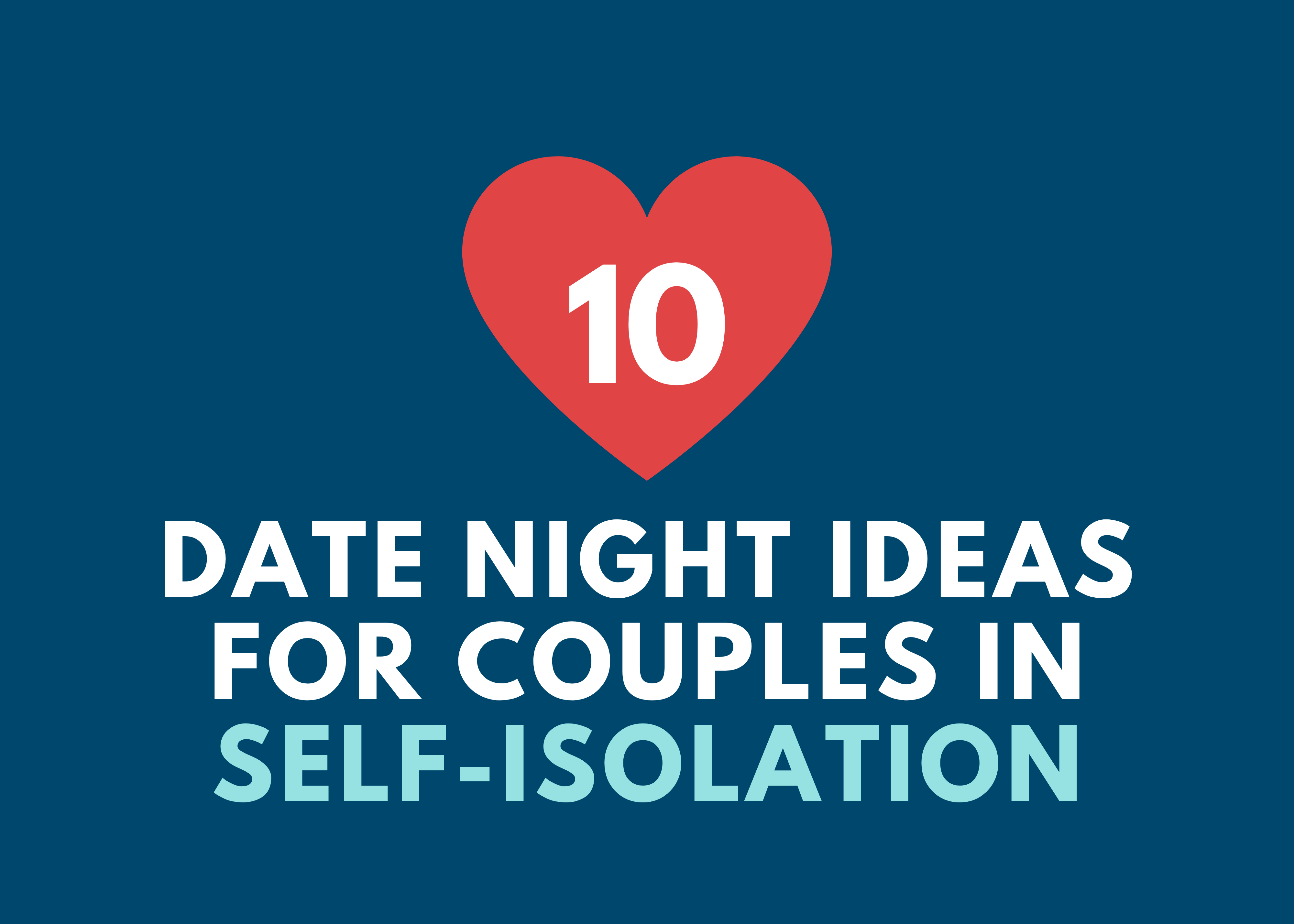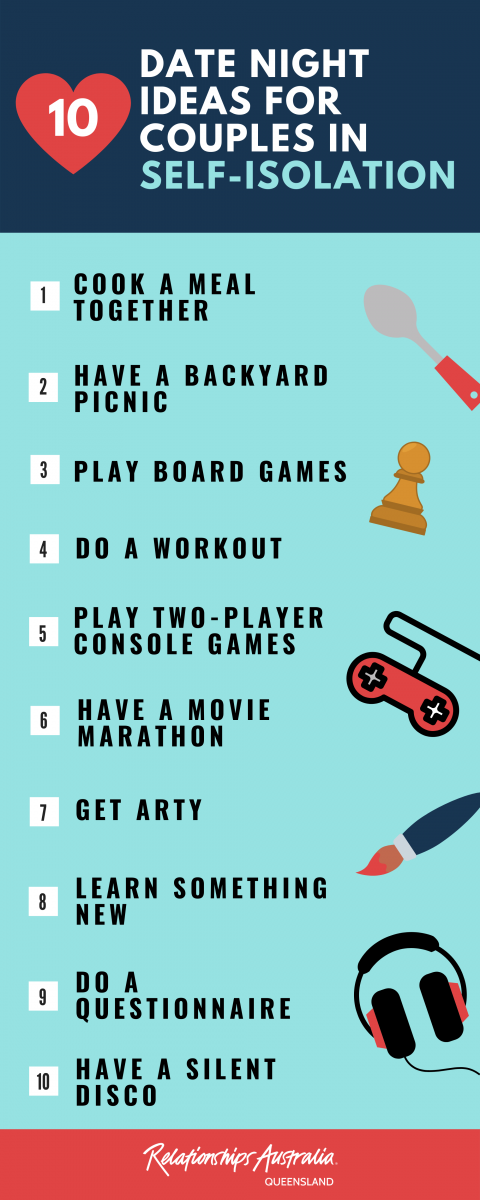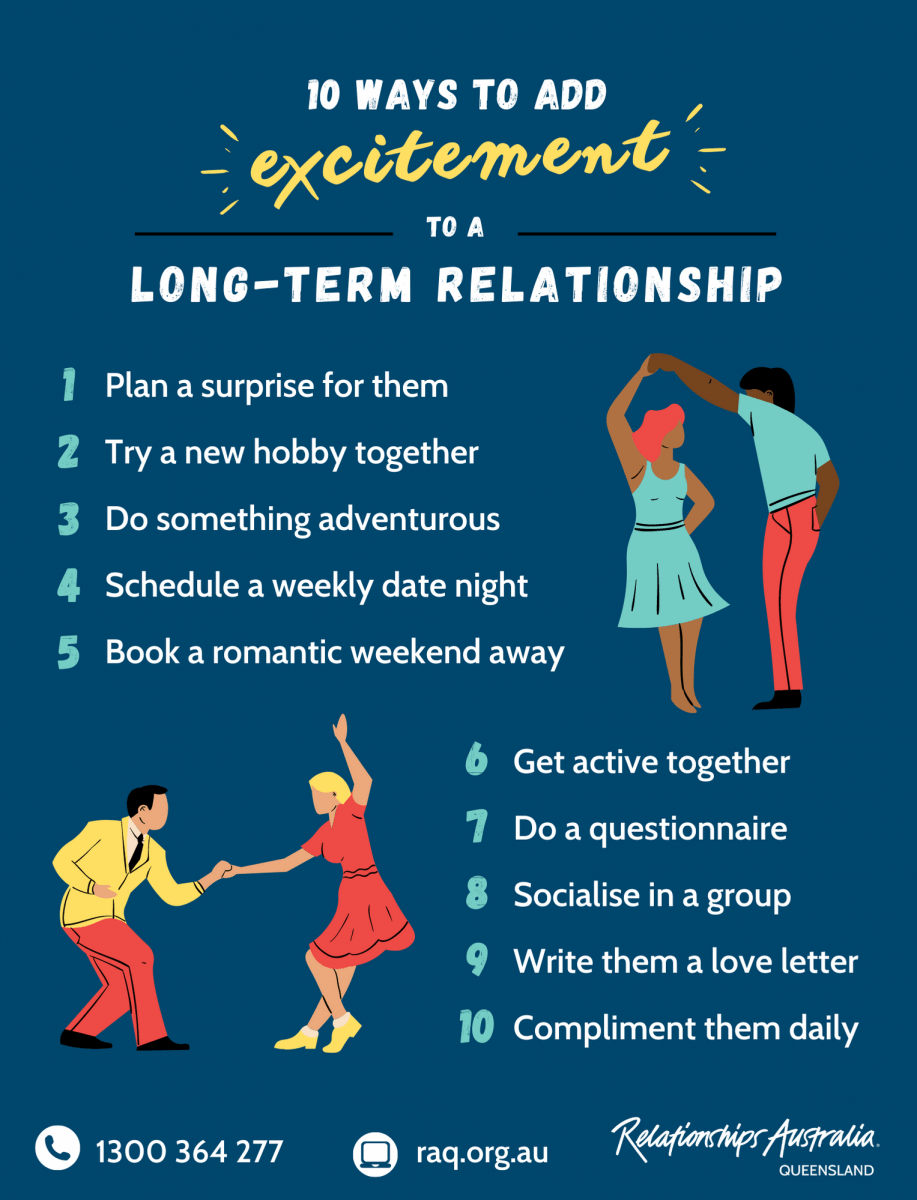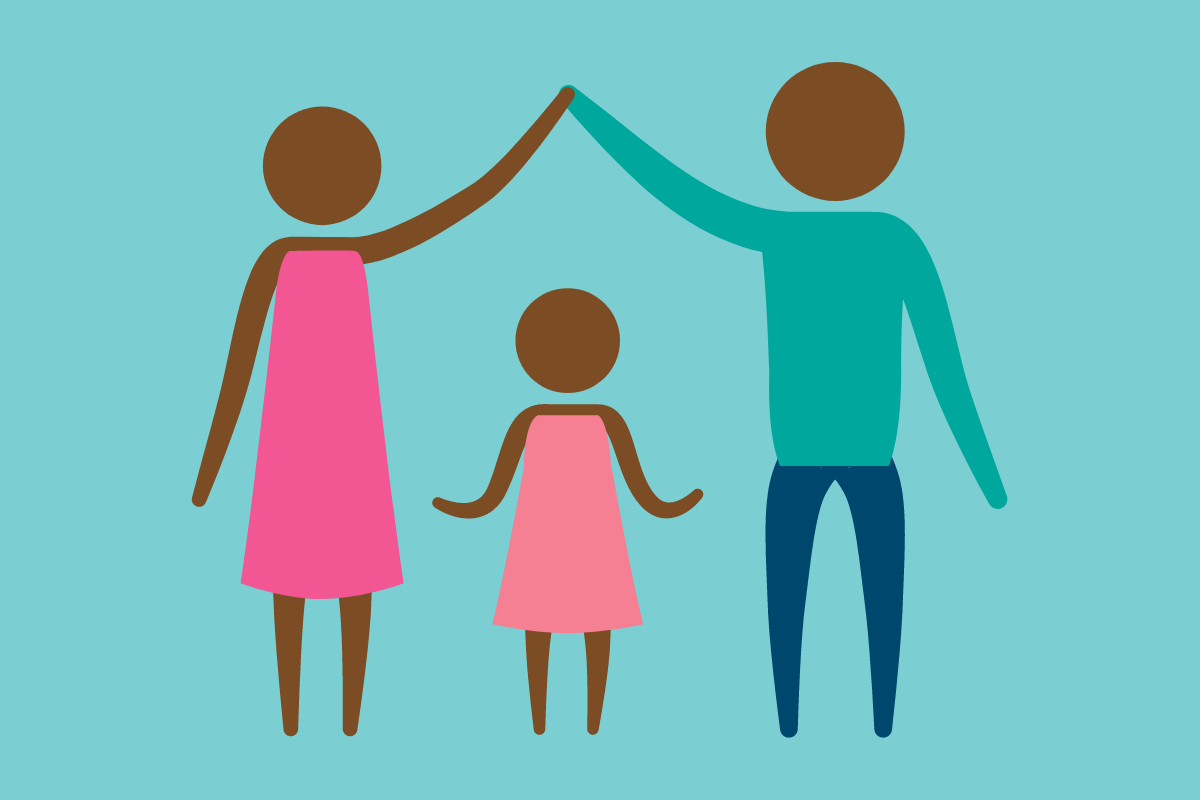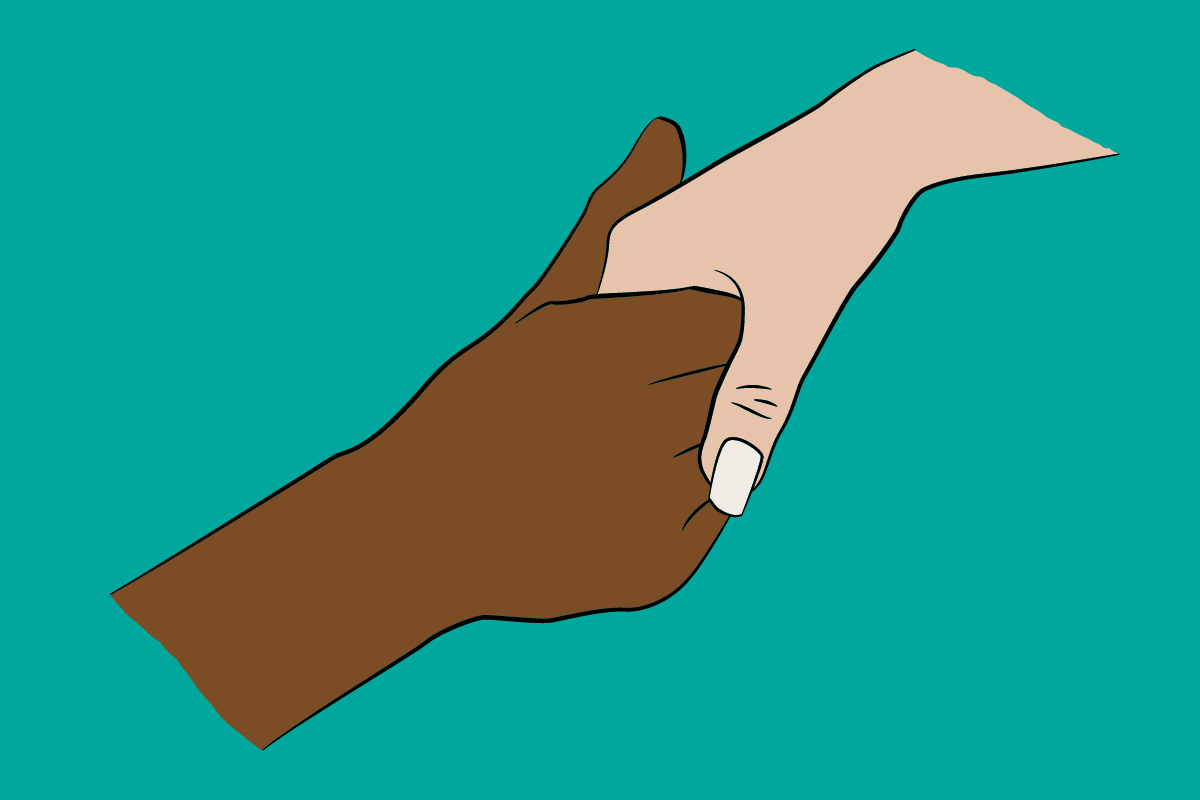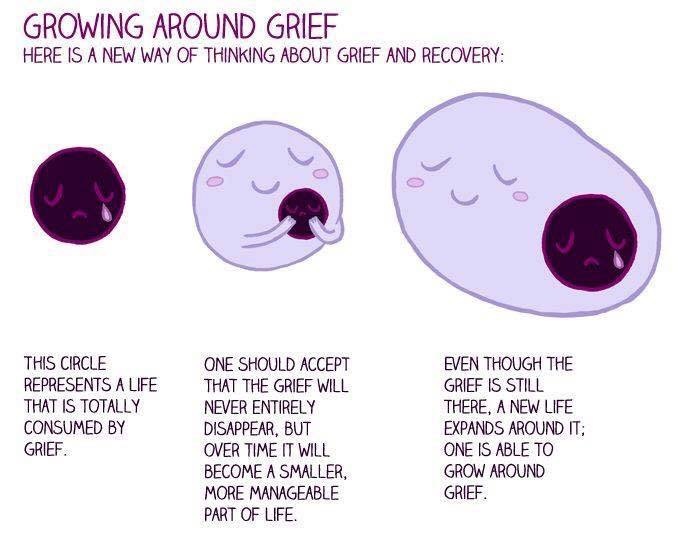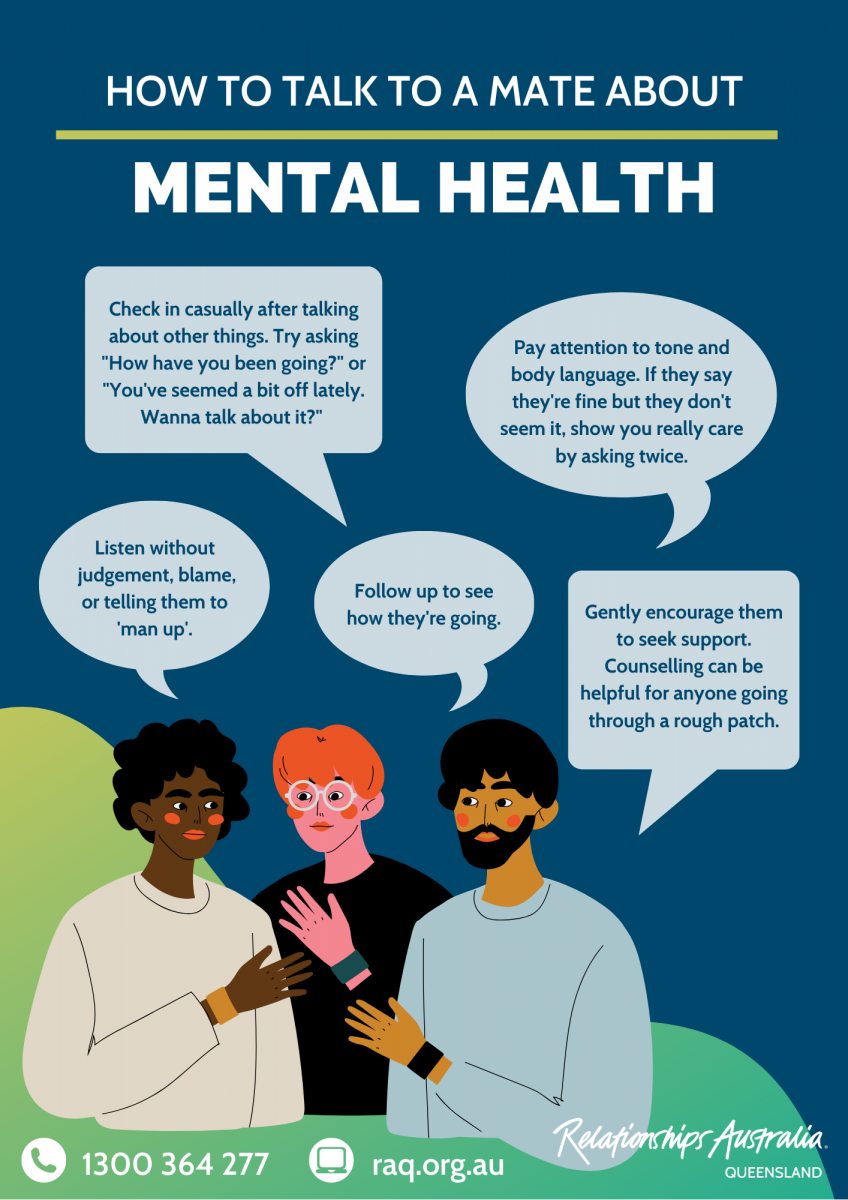The coronavirus outbreak has raised some unique challenges for couples self-isolating together.
Being confined within four walls is a recipe for cabin fever. Add to that the stress and uncertainty of the public health crisis, and even the strongest relationships are bound to be tested.
With emotions already running high, it’s going to take some extra effort to maintain healthy and happy relationships during these tough times.
Relationship and Family Counsellor Val Holden shares some advice to help you improve communication and navigate conflict while in close quarters with your loved one.
Tips for Effective Communication
It’s more important than ever to nurture our emotional connections and draw strength from one another. But in such trying times, disagreements are likely to pop up here and there.
“Healthy relationships have to have healthy communication,” says Val. “That doesn’t mean we have to agree on everything – but it does mean we have to communicate with respect and understanding.”
So what does healthy communication look like? And how can we share our feelings and settle disputes effectively?
Find the Right Time to Raise Issues
We’ve all said things we don’t mean in the heat of the moment. Trying to talk things through while you’re upset or angry can cause more harm than good, leading to raised voices and insults instead of solutions.
“Remember to communicate when you’re not heightened or angry,” Val advises. “That way, you’ll be able to hear what the other is saying – not what you are interpreting.”
It’s hard to be open-minded and patient with a partner when we’re angry. So while it may be tempting to discuss an issue as it’s unfolding, it’s better to wait until negative emotions have passed and you can talk calmly and kindly.
Check in with Yourself
Similarly, it’s important to take stock of your emotions during those trickier conversations to make sure you’re in the right headspace to have a positive, respectful discussion.
“If you feel yourself being triggered, getting frustrated or snappy, understand what is going on for you and your partner,” says Val. “Slow down, breathe, and take time to be alone.”
When we get worked up, we’re more likely to become defensive, closed off, and want to point the finger at others. If you feel your emotions starting to escalate, take a 5-minute break and walk away.
Give Your Partner Your Full Attention
Mute the TV. Put your phone down. Maintain eye contact.
The best way to show your partner you care about what they’re saying is to give them your undivided attention. Really listen to what they’re saying and try to understand their point of view – don’t interrupt or get lost in thoughts of what you want to say next.
It can also help to communicate your partner’s perspective back to them to confirm you’ve interpreted what they’re saying correctly. This shows you’ve been listening and ensures you’re on the same page.
Stay in the Present Moment
Opening old wounds won’t get you anywhere, so fight the urge to bring up past issues. Stay on topic and address the present issues, and if you have unresolved feelings around past problems, find another time to bring them up.
The same goes for nit-picking.
“When you are constantly in someone’s space, little things you usually ignore or don’t even see become very obvious and annoying,” Val explains.
Try not to stockpile complaints to use against your partner, and just focus on the issue at hand.
Stick to the Facts
While it’s healthy to bring emotion into a discussion, it’s important not to let your negative feelings around an issue blow it out of proportion.
Make sure your complaints have the facts and details to back them up, and avoid using exaggerated language like ‘always’ and ‘never’.
For example, instead of saying “you never listen to me”, try saying “I’ve noticed you’ve been on your phone a lot lately while I’ve been talking to you at the dinner table”. Be specific and stick to the facts.
Use “I” Statements
Try not to point the finger, but instead, own your feelings with “I” statements. This is a great way to express your feelings and opinions without placing blame and negative characteristics on your partner.
For example, instead of “you always cancel our plans – you’re so unreliable”, try saying “I feel disappointed and unloved when you cancel our plans to spend time together”.
This approach brings the problematic behaviour to your partner’s attention in a less accusatory way, so they may be more open to taking responsibility and working things out.
Tips to Alleviate Tension
“This is all new territory for us. We are in unprecedented times,” says Val.
“Anxiety and fear would be heightened by all that is going on in our world today. These feelings will be compounded by frustration and anger when we are cooped up in our homes 7 days a week, 24 hours a day with our partner.”
If your relationship starts to feel strained in self-isolation, there are a few ways you can adjust your environment and behaviour to relieve the tension.
Set up Individual Work Spaces
If you’re working from home, Val recommends setting up individual work spaces in separate rooms. This will allow you to focus on your work without being distracted by each other.
Having dedicated areas just for work will also help you maintain a work-life balance and allow you to enjoy quality time together in your shared recreational spaces come knock-off time.
Pick Up a Hobby
Keeping busy with a new hobby or project can benefit your overall mental health and mood – something that can have a significant impact on your relationship.
“What a great time to look at taking up a hobby that you have always wanted to do,” she says.
“Get that jigsaw out of the bottom of the cupboard, or read that book you have been going to read for ages but haven’t had the time.”
Make Time to Be Alone
Even the happiest couples need a break from each other every so often. It’s important to get some alone time where you can. You might like to:
- Create a ‘time out’ zone in your home where only one person can be at a time
- Enjoy your hobbies in a separate room
- Listen to music or a podcast in the backyard
- Take a walk or do an outdoor workout by yourself.
You should also respect when your partner wants to be alone, and not take it personally.
“Respect each other’s privacy and space, and understand we are all adjusting. Time out is a good thing,” Val explains.
Reach Out to Others
“We only have our immediate family, and day after day, that may wear thin,” says Val.
Reach out to friends and other relatives for support. While you may not be able to catch up for coffee, you can still stay connected with your support network by:
- Texts
- Phone calls
- Video calls
- Emails
- Letters.
Hearing from people outside your self-isolation bubble can help lift your spirits and remind you that we’re all in this together. It also allows you to discuss your relationship concerns and have a healthy vent with someone you trust.
Get Professional Support
“If arguing becomes an everyday occurrence, stop and look at what is happening in yourself and in your relationship,” says Val.
“Do you need a counsellor to help you work out your differences and help you to understand each other in a better way?”
If you think you and/or your relationship could benefit from talking to someone, you can access our telephone counselling on 1300 364 277. It’s available Mon-Fri 8am-8pm and Sat 10am-4pm.
It can be easy to forget to prioritise quality time together when you’re spending every day under the same roof. Keep the romance alive with these 10 date night ideas for couples in self-isolation.

